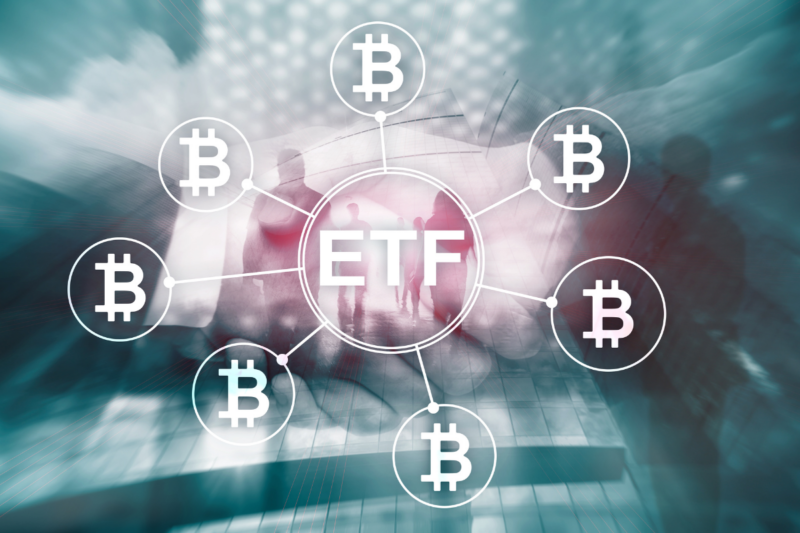

What are Exchange Traded Funds (ETFs)?
ETFs or Exchange Traded Funds are hybrid financial assets, between traditional investment funds and shares, which track the performance of a certain benchmark index.
Exchange Traded Funds (ETFs) are investment funds listed on stock exchanges. The main characteristic of these financial products is that they combine the diversification offered by an investment fund portfolio with the flexibility of share trading.
Their investment policy is to replicate a stock market index: fixed income, commodities, sector, etc., which makes them very attractive. Therefore, they are a very popular product for investing by trends or themes because, once the assets of a trend have been grouped into an index, ETFs replicate their behaviour.
How exchange-traded funds operate
They operate in the same way as shares, since they are traded throughout the stock market session and have a net asset value that is published at the close of the session. In other words, their real value is known at the end of the trading day.
All investors, both institutional and retail, can invest in ETFs and buy an ETF in real-time, at the price set by the market at any given moment. The price may vary throughout a stock market session depending on supply and demand, as with any other listed security, which provides great transparency for investors.
Types of ETFs
Although all ETFs replicate the performance of a benchmark index, this can be done in different ways:
- Fixed income ETFs: they behave in the same way as debt securities or bonds, both public and private.
- Money market ETFs: represent short-term debt assets and money market assets traded on the interbank market.
- ETF according to capitalisation: they can be small, medium or large depending on the capitalisation of the companies that make up the ETF.
- Sector ETFs: they replicate investment indices of a specific sector.
- ETF according to management style: funds that invest in companies with a certain value or with expectations of good growth in the medium or long term.
- ETFs on currencies: there are products that replicate the evolution of Forex market prices.
The risks associated with ETFs
Although there are specific ETFs hedged to minimise currency risk, it is important to note that ETFs do not enjoy any guarantees: as with any equity or bond investment, there is a risk of loss of the initial capital invested.
Investing in ETFs involves assuming a certain level of risk, which will depend on the composition of the ETF, market fluctuations and other factors associated with investing in securities. These investment assets are usually equity funds, except for those that replicate fixed income indices, and therefore generally have high volatility.
If you want to know more about superior options to make your money profitable, go to Guaranteed Funds. From 11Onze Recommends, we suggest the best options available in the market.
Leave a Reply
You must be logged in to post a comment.






Bon article.
Gràcies, Carles 🙌
Gràcies per l’article
Gràcies a tu pel teu suport, Manel